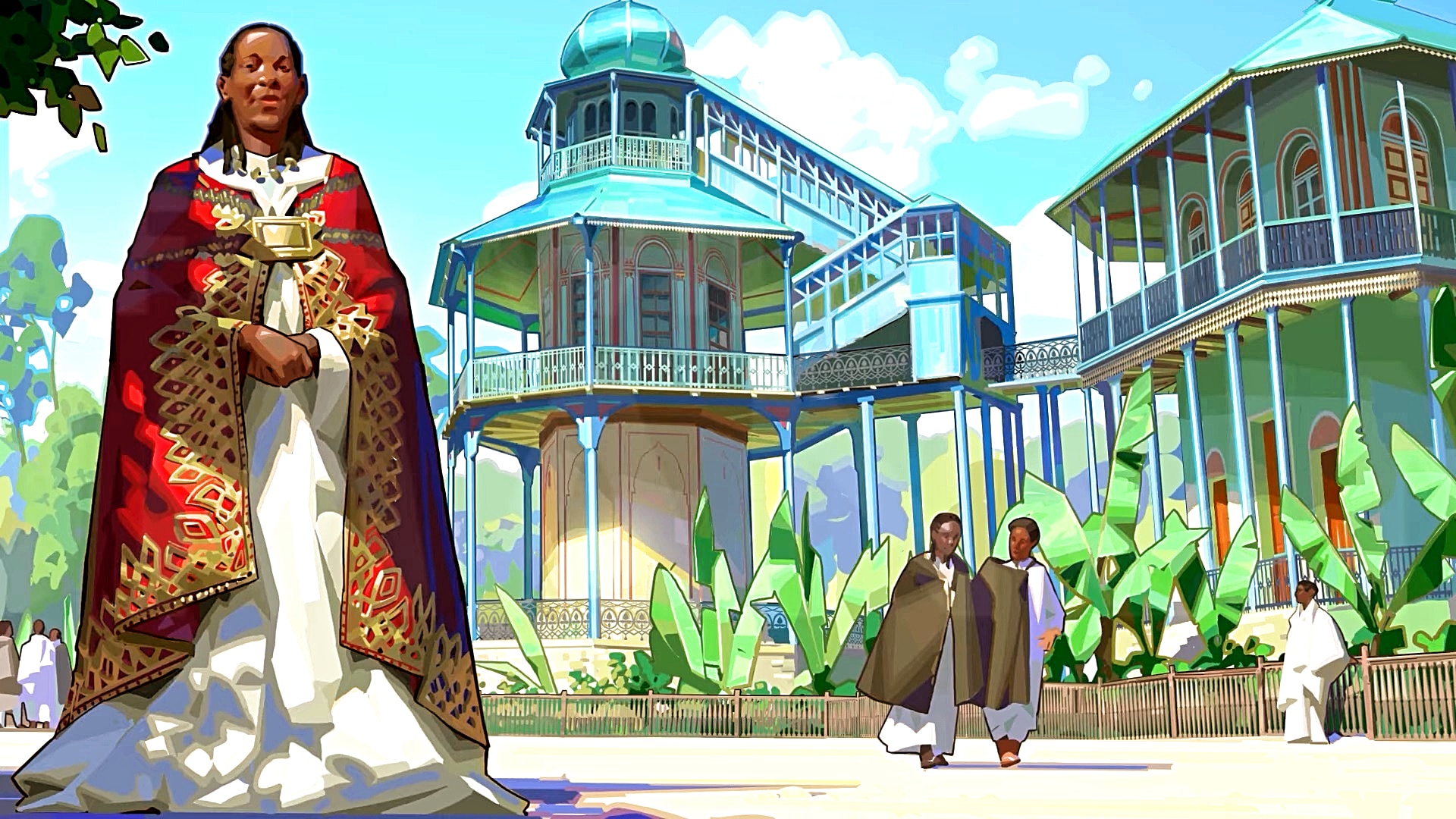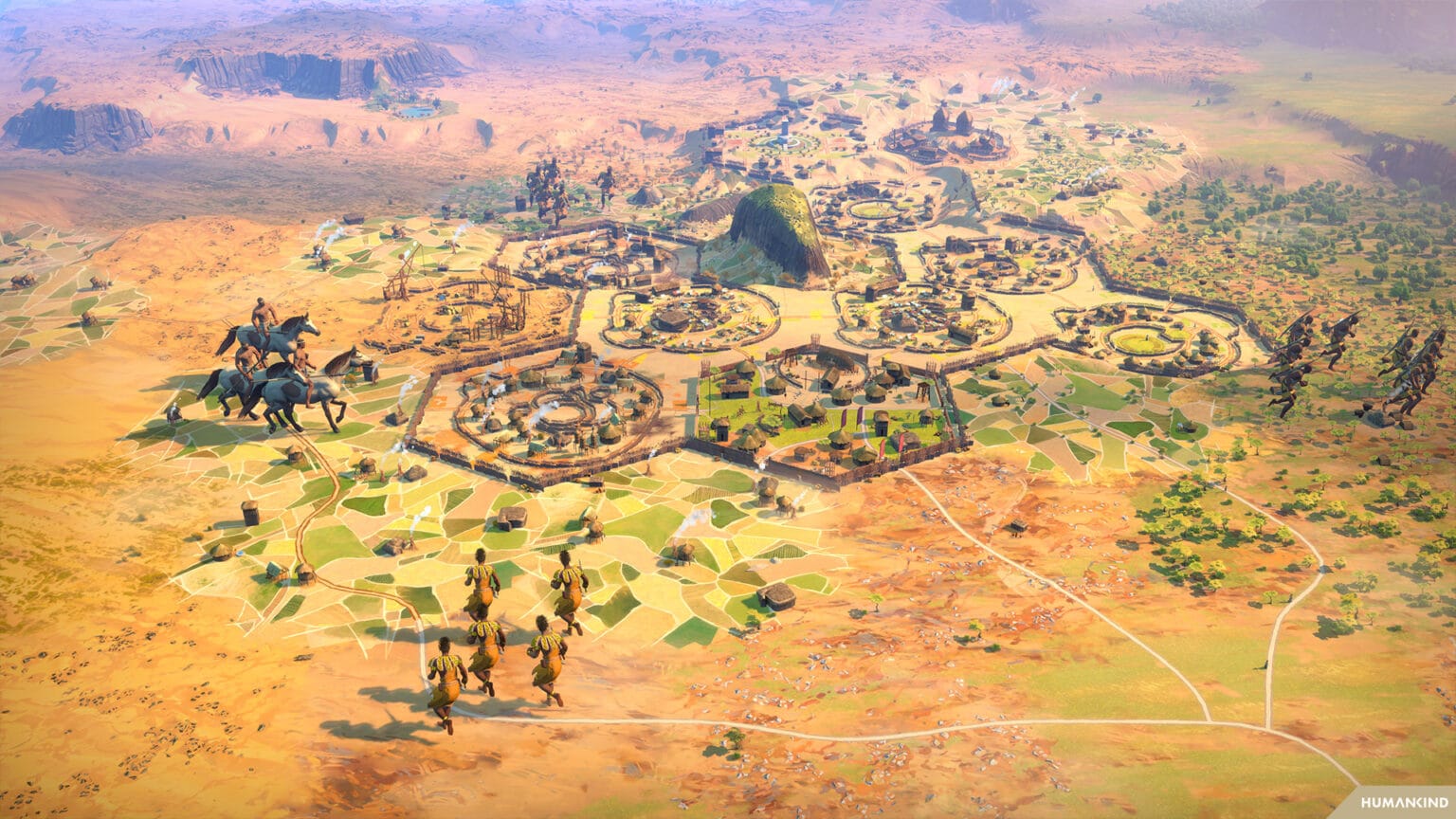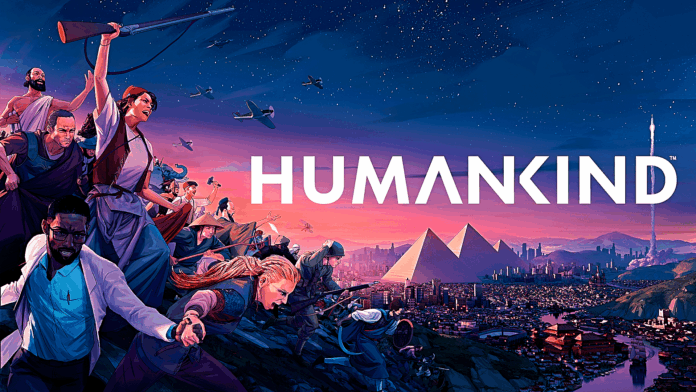
The rookie of turn-based strategy games HUMANKIND is getting an Africa DLC with numerous new factions including their own mechanics and wonders of the world. As confirmed by developers Amplitude Studios, “Cultures of Africa” is set for release on 20 January 2022 and will include six new cultures, five natural and built wonders, seven independent races and 15 narrative events.
This is HUMANKIND
Cultures of Africa is the first paid expansion for the historical strategy game HUMANKIND, which will be released on 17 August 2021. The game principle is very similar to the Civilization game series. On a large map divided into fields, we must lead a civilisation to victory through economic, cultural and/or military strength and development. There are numerous ways to do this and within each cultural epoch we have new possibilities, tools and special features of our chosen people at our disposal.
The special thing about HUMANKIND is. As we move forward in time, we can also choose a new people each time that “better” fits the historical time currently being played. But we can also keep the faction we chose in the Bronze Age, e.g. the Egyptians, and continue to play and develop it, thus unlocking special bonuses. It is also possible to mix peoples and their characteristics. Many paths lead to victory and undisputed world domination in HUMANKIND.
SIX NEW CULTURES
Epoch 1 – Bantu (Expansionist) The Bantu expansion is a postulated series of large migrations of an originally Ntu-speaking group from central-west Africa across much of sub-Saharan Africa. If players choose this culture, the aim is to conquer a lot of land quickly and early.
Epoch 2 – Garamantes (Agriculture) The Garamantes developed into a major regional power in the middle of the second century AD. Their growth and expansion was based on a complex and extensive qanat irrigation system (known as foggaras in Berber) that supported a strong agricultural economy and a large population.
Epoch 3 – Swahili (Traders) The rise of the city-states on the Swahili coast is largely due to the region’s extensive participation in a trading network that spanned the Indian Ocean. This culture is recommended if you have many coasts and want to exploit them!
Epoch 4 – Maasai (Arable) A wild pastoral people with a Nilotic language (as opposed to Bantu or Swahili). For the Maasai, attaining warrior status meant killing a lion single-handedly with a spear.

Epoch 5 – Ethiopians (Militarists) During the Scramble for Africa, Ethiopia and Liberia were the only two nations that were able to preserve their sovereignty from long-term colonisation by a European colonial power. Ethiopia was able to fend off most colonial powers by using the natural cliffs and rocky outcrops to build its forts.
Epoch 6 – Nigerian (Arable) Nigeria combines a wide variety of cultures under the rule of one state. The diversity of its terrain and abundance of water resources provide it with significant agricultural opportunities, making it one of West Africa’s leading producers.
In addition, the Africa DLC adds 5 new wonders. Mount Kilimanjaro, Victoria Falls, Zuma Rock, Lake Natron and the Great Mosque of Djenné
When will Cultures of Africa be released?
As you can see, there is something for everyone in Cultures of Africa and strategy players who need even more content and variety will get their money’s worth here. Now players have significantly more cultures per epoch at their disposal and can experience the thousand-year history of the second largest continent on earth. The DLC Cultures of Africa will be released on Steam, the Epic Games Store and the Microsoft Store on 20 January 2022 and costs €8.99.


